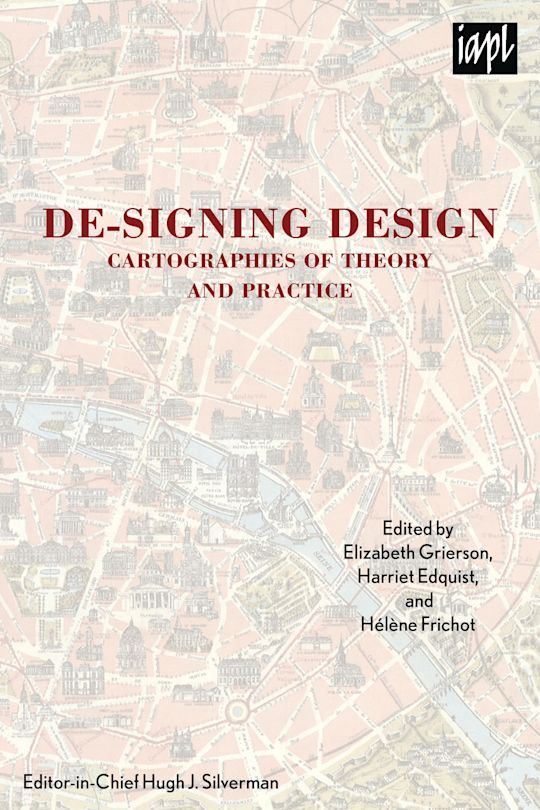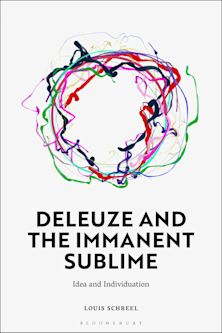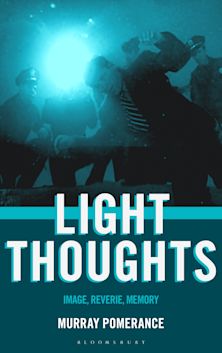- Home
- ACADEMIC
- Philosophy
- Aesthetics
- De-signing Design
De-signing Design
Cartographies of Theory and Practice
Hugh J. Silverman (Editor-in-chief) , Elizabeth Grierson (Anthology Editor) , Harriet Edquist (Anthology Editor) , Hélène Frichot (Anthology Editor) , Scott McQuire (Contributor) , Mark Jackson (Contributor) , Marsha Berry (Contributor) , Maria O'Connor (Contributor) , Laurene Vaughan (Contributor) , Yoko Akama (Contributor) , William Cartwright (Contributor) , Linda Daley (Contributor) , Karen Burns (Contributor) , Stephen Loo (Contributor) , Lisa Dethridge (Contributor) , Chris L. Smith (Contributor) , Neil Leach (Contributor)
De-signing Design
Cartographies of Theory and Practice
Hugh J. Silverman (Editor-in-chief) , Elizabeth Grierson (Anthology Editor) , Harriet Edquist (Anthology Editor) , Hélène Frichot (Anthology Editor) , Scott McQuire (Contributor) , Mark Jackson (Contributor) , Marsha Berry (Contributor) , Maria O'Connor (Contributor) , Laurene Vaughan (Contributor) , Yoko Akama (Contributor) , William Cartwright (Contributor) , Linda Daley (Contributor) , Karen Burns (Contributor) , Stephen Loo (Contributor) , Lisa Dethridge (Contributor) , Chris L. Smith (Contributor) , Neil Leach (Contributor)
This product is usually dispatched within 1 week
- Delivery and returns info
-
Free CA delivery on orders $40 or over
You must sign in to add this item to your wishlist. Please sign in or create an account
Description
De-Signing Design: Cartographies of Theory and Practice throws new light on the terrain between theory and practice in transdisciplinary discourses of design and art. The editors, Elizabeth Grierson, Harriet Edquist, and Hélène Frichot, bring together diverse approaches to design theory, practice, and philosophy from leading scholars in Australia, New Zealand, Japan, and the United Kingdom. Themes include spatiality, difference, cultural aesthetics, and identity in the expanded field of place-making and being. The concept that design can be de-signed is presented as a way of exploring different approaches to an experimental and experiential thinking-doing that promises to further open up research possibilities in the fields of design and art thinking and practice. The book enacts a series of cartographic devices to articulate the spaces between theory and practice.
Table of Contents
Product details
| Published | Jan 07 2016 |
|---|---|
| Format | Hardback |
| Edition | 1st |
| Extent | 258 |
| ISBN | 9780739179123 |
| Imprint | Lexington Books |
| Illustrations | 13 BW Illustrations |
| Dimensions | 236 x 159 mm |
| Series | TEXTURES: Philosophy / Literature / Culture |
| Publisher | Bloomsbury Publishing |
About the contributors
Reviews
-
At a moment when the term “design” is used not only to designate acts of a designer — such as projecting the organizational, representational, technical, and material dimensions of an object, building, image or interface — but to reference any act of strategic or even managerial thinking, De-Signing Design: Cartographies of Theory and Practice offers welcome conceptual and discursive tools for thinking critically about the future. Demonstrating the complex relays between thinking and doing, or theory and practice, it marks out a variegated new ground upon which to operate beyond the purely instrumental.
Felicity D. Scott, Columbia University
-
De-signing Design: Cartographies of Theory and Practice is a synthetic modernist handbook for de-signing design and for the city as design outcome. Its compelling narrative begins with Jacques Derrida’s provocative placement of the hyphen in the formation of the term “de-signing”. Thus equipped, we set off on a journey that leads from the production of the first atlas by Abraham Ortellus in 1570 all the way to the world of BwO (body-without-organs) and other entities “poised in potentiality”. Strategies and outcomes that once seemed out of the world of Superfictions now appear tantalizingly real.
This book will appeal to, will excite, and will inform artists, designers, architects, bio-engineers, narratologists, city planners, graduate students, and anyone with a keen sense of wonder about our future and how it might be “de-signed”.Peter Hill, Deakin University


































